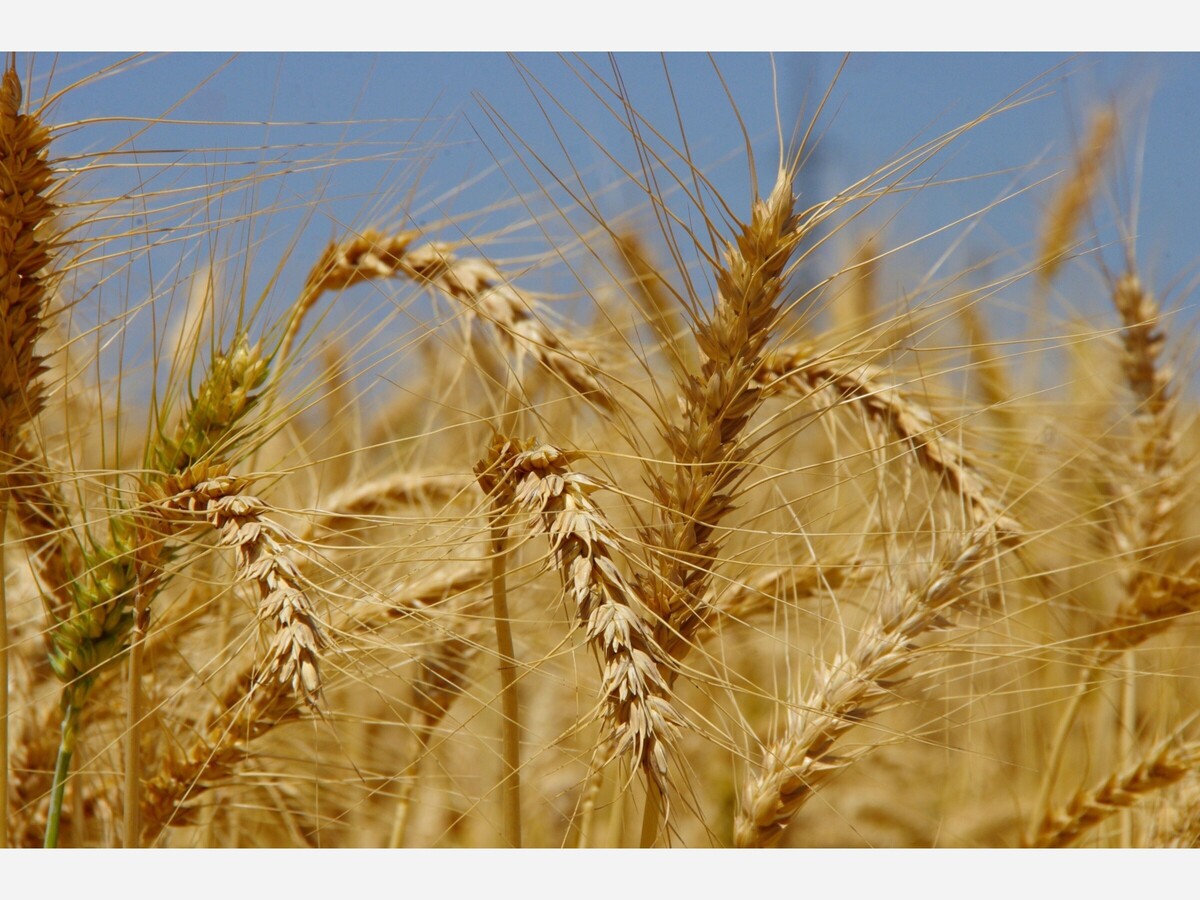Image


[Editor's Note: Well-known writer J.K. Rowling, the author of the "Harry Potter" novels, has written, "Understanding is the first step to acceptance, and only with acceptance can there be recovery."
According to the Anti-Defamation League, incidents of antisemitism in Pennsylvania over the last two years are rising. They have occurred in places like Philadelphia, Bucks County, Lancaster, Pittsburgh, Plymouth, Conshohocken, and Lower Merion among other locations.
To help promote the understanding to which Rowling refers, we share this overview of the Jewish holiday, Shavuot.
Further, we invite members of the Boyertown Area Community to share articles detailing the sacred traditions of their faiths or belief systems in our efforts to create appreciation and respect among members of our community through greater understanding of one another.
The following article was prepared by Margaret "Peggy" Sakow. Peggy has taught English to speakers of other languages and has worked for years against sex trafficking and exploitation of women and girls.]
by Peggy Sakow
SHAVUOT : Celebrating the giving of the Torah (the Jewish Bible) is May 26-27, 2023, beginning the evening of May 25th. The Torah (which means “teach”) is the Hebrew Bible or, the Five Books of Moses.
The Torah comprises the Books of Genesis, Exodus, Leviticus, Numbers and Deuteronomy. In addition, there are the Prophets and other writings, such as the Book of Ruth, for example.
From the second day of Passover begins the Counting of the Omer. Omer denotes a measure of barley to be brought as a spiritual offering to the Temple in Jerusalem. The daily offering of barley continues for 7 weeks - 49 days from Passover to Shavuot, the day when the Israelites received the Torah from God. The word Shavuot means “weeks.”
Shavuot, commemorates the giving of the Torah at Mount Sinai. During the two-day holiday, Jews attend synagogue to hear the reading of the Ten Commandments. One cannot possibly overstate the significance of the thunder and lightning infused moment when God spoke to His awestruck people. God swore devotion to all His people while in return, the Jews swore everlasting loyalty to God. Thousands of years later, the Jewish people continue to renew their loyalty to God and the Ten Commandments. This moment changed history.
Here is what those standing at Sinai vowed :
Tzvi Freeman writes on chabad.org:
….when your understanding comes before your actions, and your knowledge has nothing to do with how you live, then you know nothing.
But when you begin with a resolve to carry out whatever you learn, then your understanding soars to an entirely new level.
HOW SHAVUOT IS CELEBRATED
STUDY: Tikkun Leil Shavuot means staying up all night to study Torah. On the first night of Shavuot, it is customary to study late into the night. Why? As the story has it, the first people to meet God apparently overslept the day God was to speak to them. To make up for this shameful lapse, Jews stay up all night to somehow give back time. Different streams of Judaism (i.e.Orthodox, Conservative, Reform) approach the study night in different ways, but all Jews read and discuss Jewish texts. It is believed by some of our sages that night is a time of less distraction and, as we tire in the diminishing daylight, we are more spiritually open to receive the teachings of Torah.
FOODS: The Ten Commandments are read to a standing community (reminiscent of Sinai) the next morning. Following the service, ice cream is served! Dairy is eaten on Shavuot because Israel is the land of milk and honey. The connection of dairy and sweetness leads to large bowls of ice cream, plates of cheese blintzes (crepes) or cheese cake. It is said that children love this tradition. Adults also look forward to these treats.
READING THE BOOK OF RUTH: The description of harvesting is a fitting backdrop to tell the story of Ruth on Shavuot. The book reveals that Ruth and her husband Boaz were King David’s grandparents. Ruth was a faithful and sincere convert to Judaism, as were all the Jews present at Mount Sinai. It is entirely appropriate that the Book of Ruth is read following the Omer and on Shavuot.
SUMMARY AND COMMENTS
At Passover Jews annually retell the story of their escape, with God’s help, from slavery to freedom. The 49 days of Omer is believed to represent not just daily Temple offerings but, a time of spiritual reflection that prepared the Jewish people for the greatest event of all time: the giving and receiving of the Torah. We no longer go to Jerusalem to offer Omer, but we can and often do use those days to reflect. We too can prepare to symbolically stand at Mount Sinai and accept God’s commandments.
Passover gives freedom. Shavuot tells us what to do with it. The people who first heard the 10 Commandments replied to God, We shall do and, we shall hear.* That response has evoked much discussion and explanation from our learned rabbis. The fact that the people said “we’’ collectively, rather than the individual “I’’ indicates that the Jewish people knew that they are a People, responsible for each other as well as themselves. And curiously, the people said they would “do’’ before they said “we shall hear.” Hear in this sense means “understand.” That response shows the absolute trust, respect and faith they had in God’s words. They vowed to act according to the commandments before they even understood them!